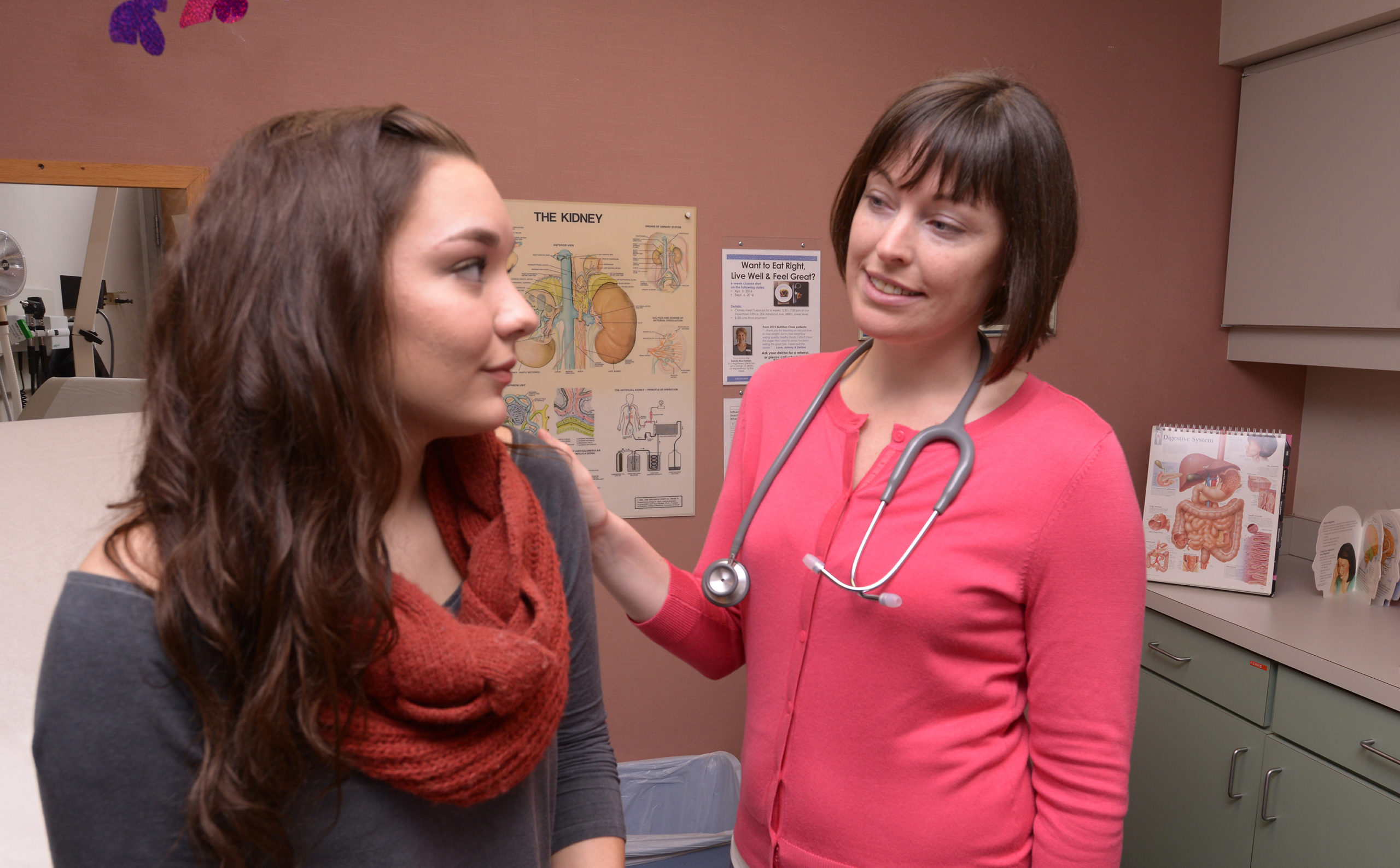By Bailey Balentine, DO
“Did you get your flu shot this year?”
Recent data shows that less than 40% of people in the United States are vaccinated against the flu this season. While the best time to get your flu vaccine is mid to late October, it is never too late to get vaccinated. The flu season runs from October through May, with the highest peaks of flu activity traditionally occurring in February. Last year, however, flu cases remained higher than average through the month of March, and it seems that the flu peaks are shifting later each year.
“Who should get vaccinated?”
EVERYONE! The CDC recommends that all people over the age of 6 months get a flu vaccine EVERY YEAR. Some people are at higher risk for complications from the flu or are more susceptible to getting the virus, and it is especially important for those folks to get vaccinated. This includes children under the age of 5 years old, adults over the age of 65, pregnant women, residents of nursing homes, and anyone with a chronic illness (including diabetes, asthma or COPD, cancers, liver or kidney disease).
“Can you get the Flu from the Vaccine?”
NO. The flu vaccine does NOT contain any live virus and cannot cause you to get the flu. Most people tolerate the vaccine very well with only a little soreness in the upper arm. Other possible side effects include a mild elevation in temperature, headache, or muscle aches.
“I heard the flu shot is only 10% effective this year”
This is FALSE information. The report of only 10% effectiveness was from a study done in Australia that estimated the effectiveness of this year’s vaccine against Flu A only. In the USA, the CDC has a specific branch that collects information from over 3,000 health care providers who voluntarily report cases of influenza and influenza-like illnesses. Current US data suggests that the effectiveness of this year’s flu vaccine is 39% for all strains of influenza and 32% for Flu A specifically. In general, the flu vaccine is between 40-60% effective each year. The CDC collects data and reports on several other important aspects of the virus, including the geographic distribution of flu cases, the severity of illnesses, hospitalizations and deaths attributed to the flu. This is reported on weekly and can be viewed at https://www.cdc.gov/flu/weekly/. The most recent map shows that flu activity in North Carolina is pretty low, but it is moderate in Georgia and high in South Carolina.
“The effectiveness seems low. Why should I get vaccinated?”
The flu is much more than just a bad cold; it is a deadly virus! Each year, there are as many 50-60 thousand deaths attributed to the flu. Getting the flu vaccine drastically reduces your chances of dying from the flu, even if you do get the flu. Those who get the flu despite vaccination have a milder illness and fewer flu-related complications. Flu complications include ear infections, bronchitis, pneumonia, asthma attacks or COPD exacerbations, respiratory failure and death.
The bottom line is this: the flu vaccination is not perfect. But, it is just a small prick on your shoulder that might keep you from getting this powerful virus, will make your flu milder if you are unfortunate enough to get it, and can keep you from dying from an illness that claims the lives of tens of thousands of people each year. So, are you protected against the flu?

